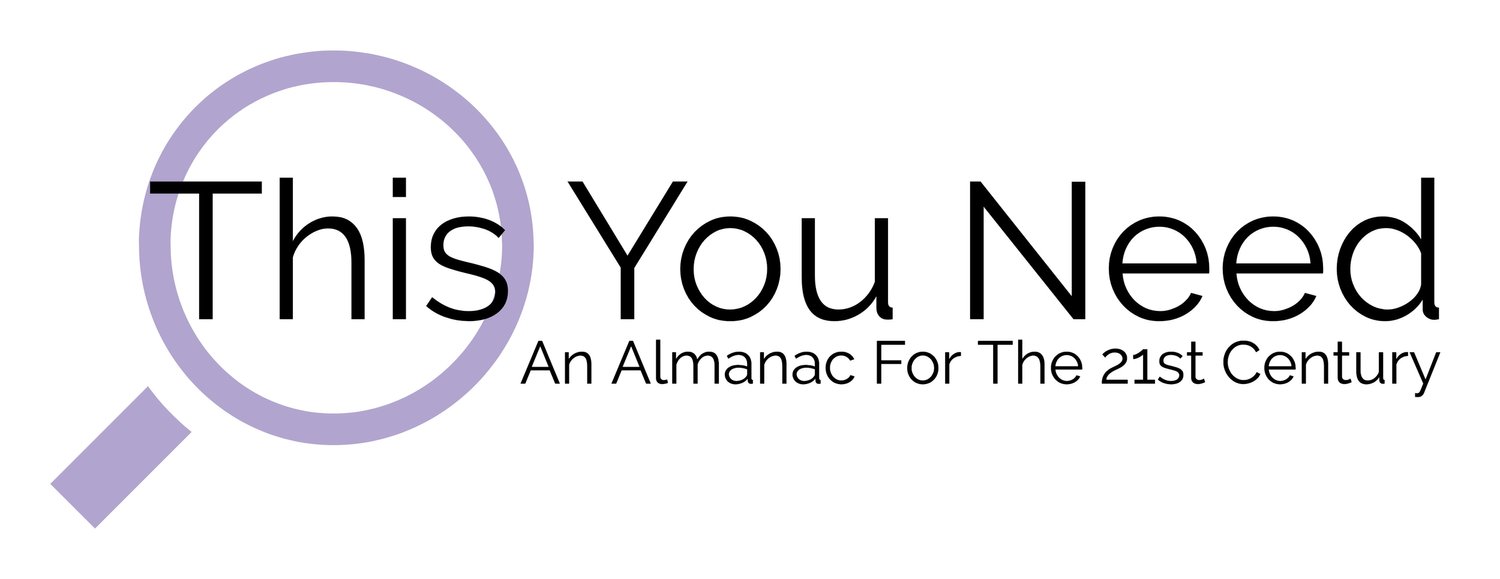The Shame Game
There's nothing worse than feeling like you said or did something completely idiotic, and going over it again and again in your head, thinking of all the ways you made an ass of yourself. I do this all the time. I am a champion at this. I will sometimes find my dumb brain going, "Hey, remember that boneheaded thing you said ten years ago? You should stress out about that for like, three hours." Why yes, I do have an anxiety disorder, what gave it away?
Imagine if, instead of all that panic and doubt happening internally, it was coming at your from the outside world. It was coming from complete strangers, and it was on the Internet, so it was also attached to your name forever and would come up any time a potential employer or love interest Googled you. Are you feeling a little anxious just thinking about it? That's how I felt the whole time I read Jon Ronson's latest book, So You've Been Publicly Shamed. Anxious, a little sweaty, but also completely engrossed.
I've written about another of Ronson's books, The Psychopath Test, and I'm a huge fan of his writing, so I was eager to read So You've Been Publicly Shamed. Here's my one sentence review: I think every person in my generation (the oh-so-shamed millennials) should read this book, because hopefully it will make them as uncomfortable and nervous as it made me (as they should be). After reading Ronson's examination of the culture of public shaming, I immediately thought 1) Have I shamed anyone online? Can I reverse it? And 2) Even though I regularly cull my tweets and Instagram posts, I should do it again. You should read this book, and this book should make you nervous.
Listen, not to be a total mom to my fellow millennials, but you all are way too lax with your social media. I can't believe the things that my peers put on Facebook. I avoid Facebook now, but when I used it more regularly I was perceived as heartless because I culled my friends. It made perfect sense then, and it still does today. Look, you put a lot of personal stuff on your Facebook, because it's a way to share what's going on in your life with a lot of people at once, and that's great. And you make sure to protect your privacy by making sure that your profile is only viewable by your friends. Also great. But you "friend" people that you meet at parties, or friends of friends, or your roommate's girlfriend that's only around for two months. Now you're sharing private information with "friends" who are not friends. Hence why need to cull your friends. Don't believe me? Ask one of the people in Jon Ronson's book.
So You've Been Publicly Shamed profiles people who have had their lives destroyed by having a tweet or a Facebook post that was not in the best taste, or misunderstood, go viral. They are abhorred online, people hack into their personal information and post where they work, live, information about their families, nothing is off limits. It all adds fuel to the shaming fire, and all of this is because they did one stupid thing like, say, post a photo of themselves giving the finger in front of a war memorial. Should they regret their actions? Yeah, definitely. But they should also be allowed to move past their mistake, to be able to get a job, find a date, and lead a productive life. It's not the job of the general, anonymous public to decide who is a villain, because if so, the villain will always be right in front of you.

